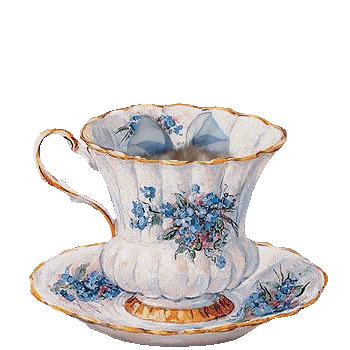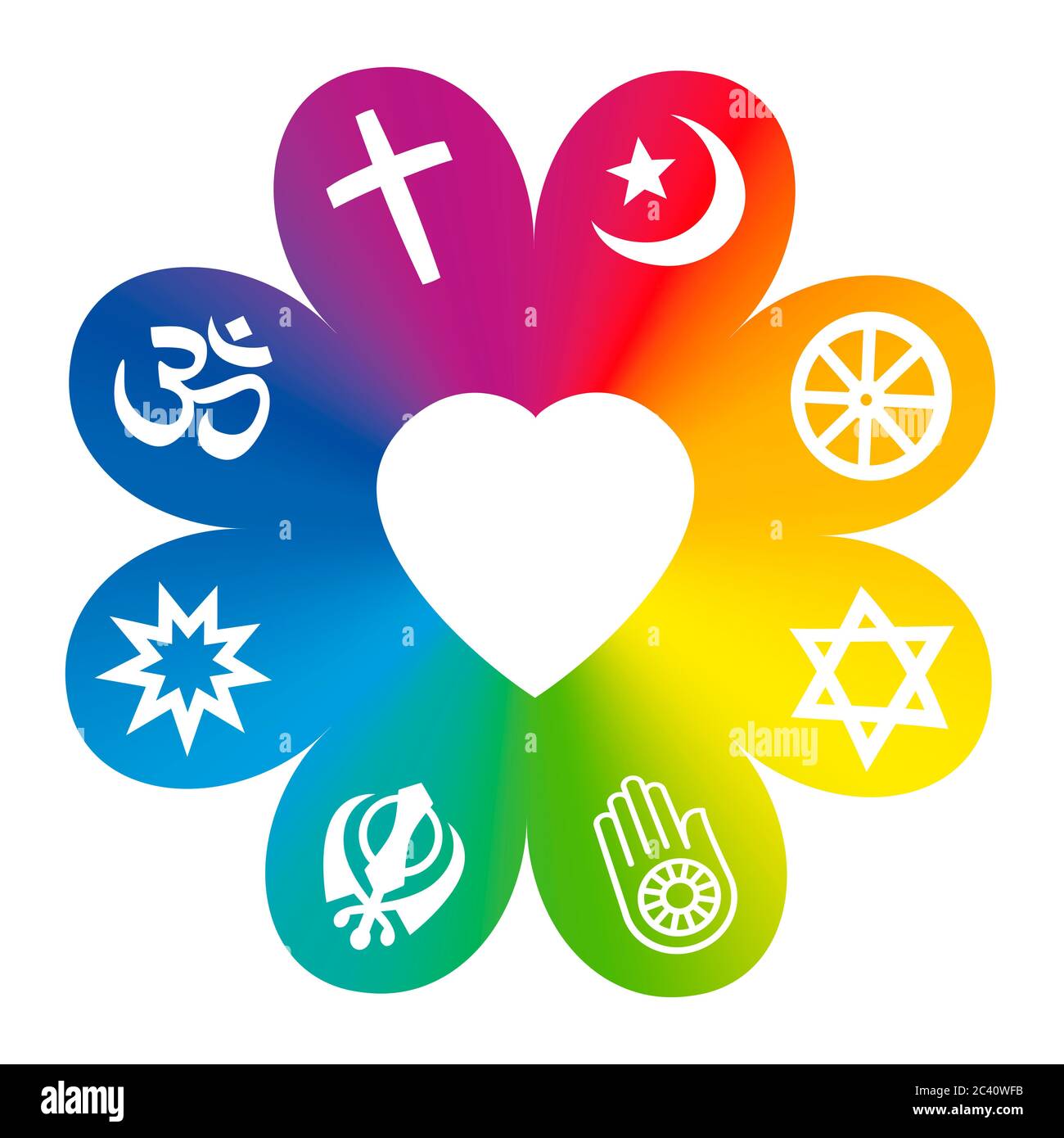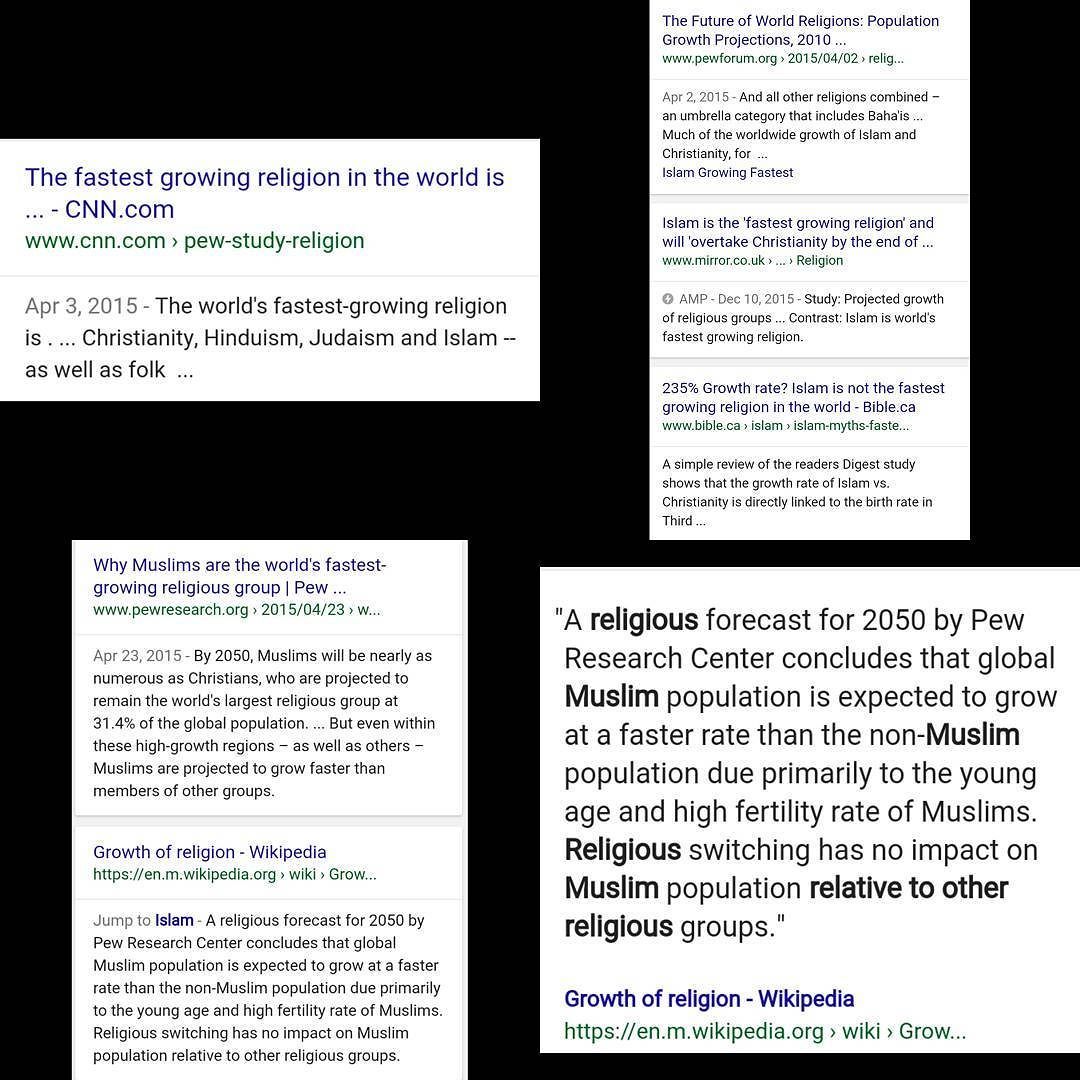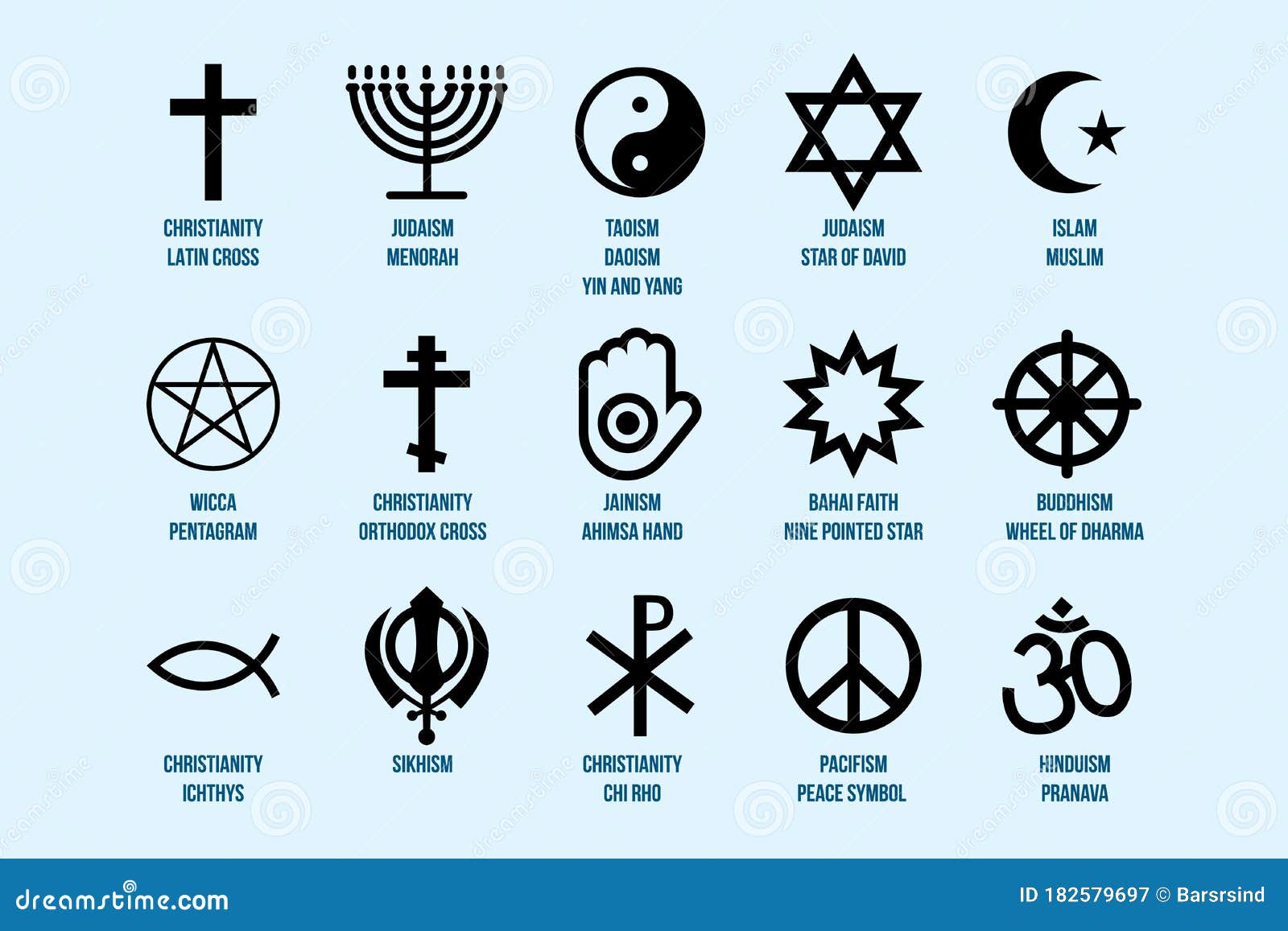Christian Foot Washing Rituals in Modern Wedding Ceremonies
Introduction: The Foot Washing Ceremony in Weddings
The practice of washing feet during a wedding ceremony is most commonly associated with Christian traditions. This ritual, markedly distinct from other religious customs, centers on the principles of humility, love, and service. By choosing to wash each other’s feet, couples publicly declare their intention to serve one another selflessly, mirroring the example set by Jesus Christ.
Historical and Religious Roots of Foot Washing
The origins of foot washing in Christian weddings trace directly to the New Testament. In John 13:1-17, Jesus washes the feet of his disciples, providing a model of humility and service [1] . He instructs his followers to do likewise, emphasizing that true leadership is expressed through serving others. This passage is often read aloud during the wedding foot washing ceremony to anchor the act in its biblical significance [2] .
While foot washing is not mandatory in Christian weddings, it is increasingly popular among couples who wish to embed their faith and values into their union. The ritual is especially meaningful in denominations or congregations that value symbolic acts of service.
Symbolism and Meaning
At its core, the foot washing ceremony symbolizes humility , mutual respect , and unconditional love [3] . Neither partner is elevated above the other; both willingly serve and honor one another. For many, this act becomes the foundation of the marital relationship, reinforcing the commitment to put each other’s needs first.
Christian couples often choose this ritual to communicate their desire to emulate Christ’s servanthood, publicly demonstrating a willingness to care for and support each other in all circumstances. The act is also a visible reminder to their guests of the couple’s shared faith and values.
Practical Steps: How to Incorporate Foot Washing Into Your Wedding
Incorporating foot washing into a wedding ceremony requires thoughtful preparation. Here are step-by-step instructions based on real-world examples:
- Discuss with Your Officiant: Begin by talking with your officiant about the significance of foot washing. Ask them to explain its meaning to guests, especially if many attendees are unfamiliar with the tradition [4] .
- Gather Necessary Items: You’ll need a basin or bowl large enough for feet, a pitcher of water, towels, and comfortable seating. These items should be placed in an accessible area.
- Plan the Timing: Most couples include the foot washing ceremony towards the end of the wedding ritual, just before being pronounced husband and wife. This positioning allows the act to be the first demonstration of service in their marriage [4] .
- Scripture Reading: Consider having John 13:1-17 read aloud or summarized, accompanied by soft instrumental music to create a reflective atmosphere [2] .
- Execute the Ritual: The bride and groom take turns washing each other’s feet, often accompanied by prayers or personal vows. The act should be gentle and respectful, focusing on the spiritual meaning rather than spectacle.
- Communicate With Guests: Consider providing a brief explanation in your program or having the officiant describe the symbolism during the ceremony. This ensures guests appreciate the depth and intent of the act.
Examples and Case Studies
Many couples have shared positive experiences with foot washing ceremonies. For example, a bride recounts, “The first thing we did as a married couple was humbly serve one another. What a beautiful foundation to build a marriage on” [4] . Others incorporate personalized prayers or music to enhance the emotional impact.

Source: discover.hubpages.com
Photos and videos from actual weddings illustrate the intimacy and vulnerability of the ritual, often bringing guests to tears. The ceremony is not limited by denomination, though it remains most common among Evangelical, Protestant, and non-denominational Christian couples.
Potential Challenges and Solutions
While the ritual is deeply meaningful, couples may encounter logistical or emotional challenges:
- Guest Understanding: Some guests may not recognize the tradition’s significance. Provide context through spoken explanations or printed materials.
- Venue Restrictions: Check with your venue in advance to ensure water and towels are permitted.
- Physical Comfort: Consider seating arrangements and attire. Brides in long dresses may need assistance to avoid discomfort.
- Personal Comfort: Not all couples are comfortable with public displays of vulnerability. Alternatives include private foot washing before or after the ceremony, or substituting with other acts of service.
Flexibility and open communication with your officiant and venue can help resolve most practical issues.
Alternative Approaches and Similar Rituals
Foot washing is unique to Christian wedding traditions. Other religions may express service or humility in different ways, such as exchanging garlands, sharing a ceremonial drink, or performing hand-washing rituals. However, the Christian foot washing ceremony remains distinct in its biblical origin and personal symbolism [3] .
For couples desiring a similar sentiment but preferring a different ritual, consider writing personalized vows, participating in a unity candle ceremony, or sharing blessings with family members. Regardless of the method, the goal is to communicate love and mutual respect.

Source: depositphotos.com
Accessing Resources and Planning Your Ceremony
If you are interested in including a foot washing ritual in your wedding, start by:
- Consulting with your officiant or church leadership to discuss the ceremony’s theological and practical aspects.
- Searching for “Christian foot washing wedding ceremony scripts” online to find examples and templates. Websites like American Marriage Ministries and Universal Life Church offer detailed guides and explanations.
- Watching videos or reading blogs from couples who have incorporated the tradition to gather inspiration and practical advice [4] .
- Contacting your wedding venue about logistics and restrictions regarding water, seating, and set-up.
For further guidance, you may also reach out to local Christian wedding officiants or ministers. Many are familiar with the tradition and can offer step-by-step planning assistance.
Summary and Key Takeaways
Foot washing at weddings is a meaningful Christian tradition rooted in scripture, symbolizing humility, love, and mutual service. By thoughtfully incorporating this ceremony, couples can establish a foundation of respect and selflessness in their marriage. With careful planning and open communication, the ritual can be adapted to fit diverse wedding settings and personal comfort levels.
References
- [1] Universal Life Church (2025). A Humble Act of Love: The Significance of Footwashing.
- [2] American Marriage Ministries (2024). Christian Feet Washing Wedding Ceremony Script with Bible Reading.
- [3] Wedding Chaplain (2023). Foot Washing and Weddings.
- [4] Blair Blogs (2016). How We Incorporated Foot Washing Into Our Wedding Ceremony.
- [5] WeddingWire (2016). Feet Washing at Ceremony | Weddings, Etiquette and Advice.
MORE FROM cheerdeal.com













